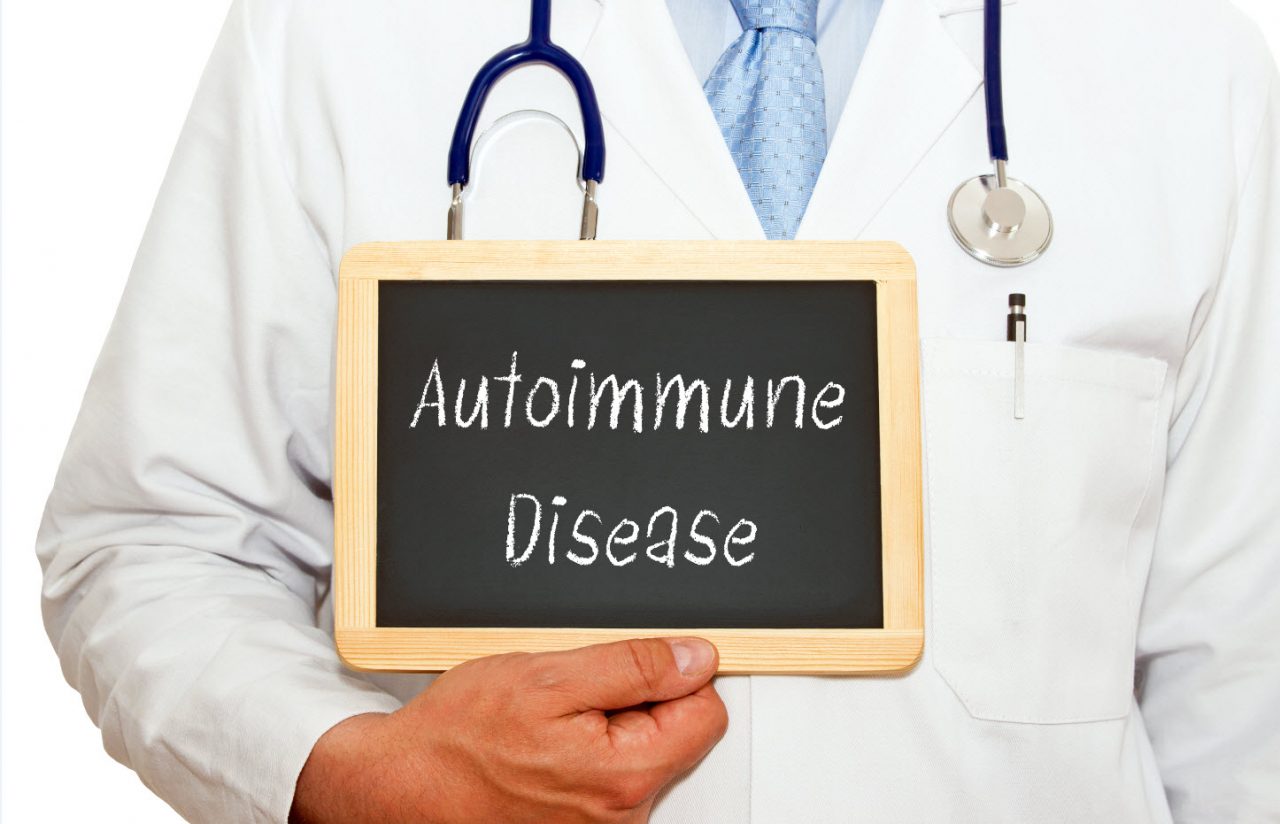As a Rheumatologist, I often have to explain to patients what it means to have an autoimmune disease. To understand what an autoimmune disease is we must first define what an antibody is. An antibody is protein that is made in large amounts by the immune system. They are essential in recognizing and fighting infectious organisms in the body. Sometimes these antibodies make an error and mistakenly recognize normal proteins in our bodies as being foreign. When this happens an autoimmune disease can develop and as a result, your immune system attacks healthy body cells.
Autoimmune disease affects up to 50 million Americans and often affects women. However, it is important to note that autoimmune diseases are seen in multiple medical fields including gastroenterology, dermatology, endocrinology, allergy/immunology and rheumatology. Common autoimmune diseases include Systemic Lupus Erythematosus, Diabetes Type I, Inflammatory Bowel Disease such as Ulcerative Colitis, and Psoriasis.
No one is certain as to what causes an autoimmune disease although there are many theories regarding potential triggers such as environmental irritants, chemical irritants, and bacteria/virus. There also tends to be a genetic component as it is seen to run in families.
Because there are about 80 different types of autoimmune diseases, symptoms tend to vary from one to the next. However, the most common symptoms include feeling ill, fatigue, and fever. Autoimmune diseases also can affect many parts of the body including the skin, joints, gastrointestinal tract, kidneys, and muscles.
Diagnosis is made by the combination of laboratory tests, clinical history and physical exam. If you have a concern about a possible autoimmune disease, the first step is to see your primary care physician. Your physician can send you to the appropriate specialist who can then make sure you will get the best care for your particular diagnosis.
Sheetal Gavankar, M.D. serves as a rheumatologist for Hoag Medical Group. She works at the Huntington Beach and Newport Beach locations. For more information or to schedule an appointment, please call 714-701-6897 (Huntington Beach) or 949-791-3002 (Newport Beach) or visit www.HoagMedicalGroup.com.



